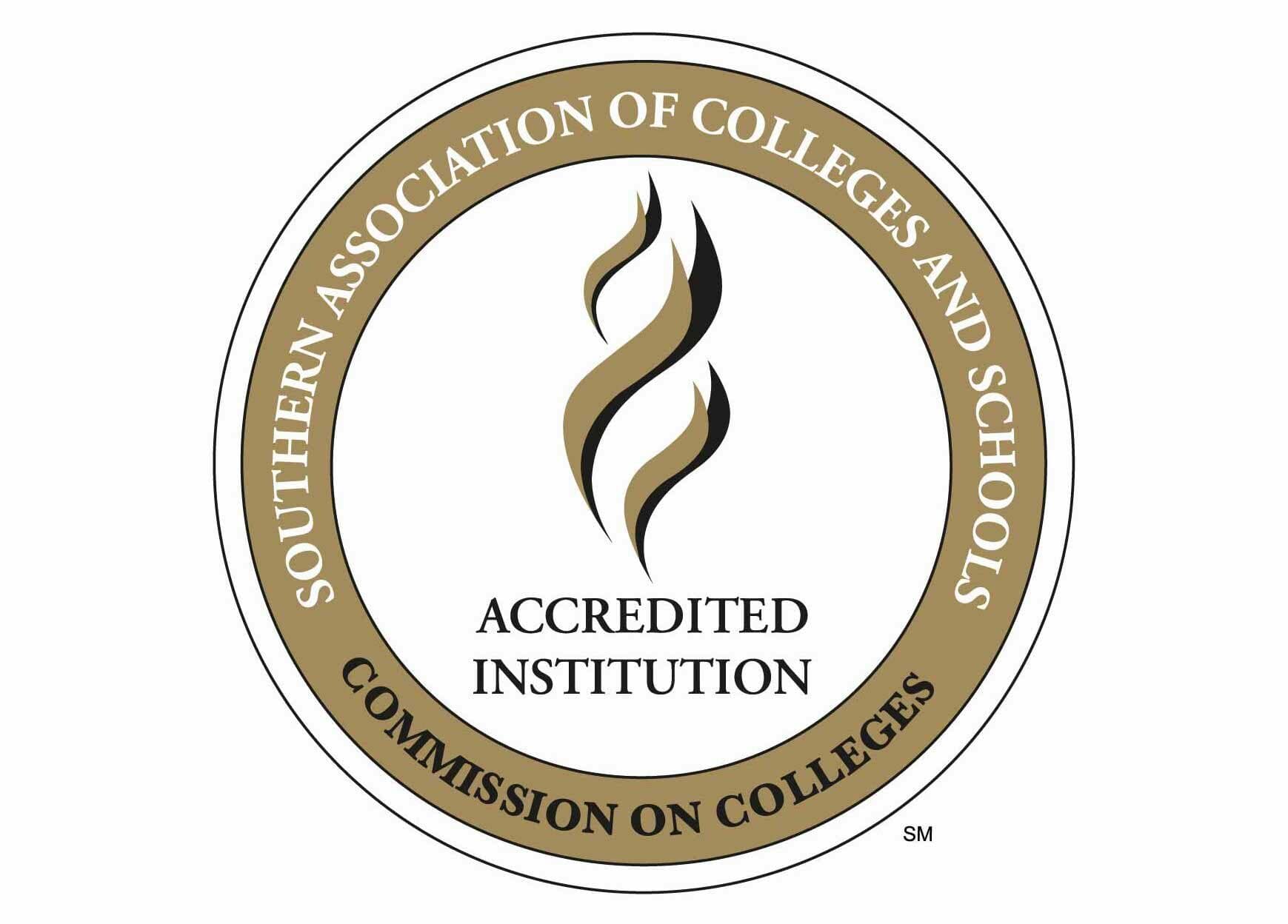Learn More
Foster More Supportive Communications and Relationships
As demand for conflict resolution skills grows, expand your toolkit for managing others at individual, organizational, and community levels. Pursue this endeavor around your existing obligations with the encouragement of our virtual, Christ-centered community.
Introducing
Locked-In Tuition.
Our Locked-In Tuition program guarantees you’ll pay the same price for your entire graduate degree.
About the Program

At ACU, our online Master of Arts in Conflict Management and Resolution will give you the knowledge and skills necessary to help you manage conflict effectively and professionally while fostering relationships and successfully moving parties to agreement. Our emphasis on resolution reflects the importance of maintaining relationships, even through a disagreement.
Program Structure
All the Details on Your Degree
Don’t just dream about a more encouraging, collaborative workplace. Actively create and nurture this environment through a program divided between a versatile core covering conflict resolution, mediation, and interpersonal communication fundamentals with a concentration focusing on your current or desired career field.
Stackable Certificate
Earn a certificate while completing your master’s degree.
While enrolled in our Master of Arts in Conflict Management and Resolution program, you will also earn a graduate-level Certificate in Conflict Management. Earn this valuable credential as you progress through your degree at no additional cost.
Required Hours
36 hours
24 months
Cost: $650/Hour with $400 resource fee per semester
Example Coursework
Negotiation
Mediation
Managing Conflict in the Workplace
Foundations of Family Conflict Dynamics
Upcoming Start Dates
January 14, 2025
March 11, 2025
Common Job Titles
Facilitator
Ombudsman
Mediator
Contract Negotiation Manager
Arbitrator
Diplomat
Curriculum and Concentrations
Healthcare Organizations
The healthcare industry is one of the largest in the U.S., and while it often provides a perfect storm for conflict, it also functions best when there is a spirit of collaboration among healthcare team members, patients, and families. This concentration provides specialized training for those who desire to help interested parties work together for the best interest of all.
Organizational
This concentration focuses on conflict management skills for those desiring to work in or with an organization by developing specifically designed conflict management systems. Other skills such as training employers and employees on appropriate conflict management techniques are also emphasized.
Practitioner
The practitioner concentration prepares students who desire to work in a private conflict management field, such as mediation, training, workshop development, ombuds, or labor relations.
Meet the Program Director

Dr. Kipi Fleming, Master of Arts in Conflict Management and Resolution
Dr. Kipi Fleming received her B.S.Ed in elementary education with an emphasis in reading from Abilene Christian University in 1985. Before the birth of her children, she taught first grade and later substituted in the public schools in Texas and Oklahoma at all levels. Dr. Fleming received her MACRR from ACU in 2010 and went on to complete her doctorate in conflict analysis and resolution from Nova Southeastern University in 2015 where her research concentrated on the biblical interpretation of marital submission and how it affects the Christian marriage relationship.
Dr. Fleming joined the faculty at the Duncum Center in the summer of 2015 as an adjunct professor and was named the conflict management program director at ACU Dallas in July of 2016. Her research interests include family conflict, gender and conflict, conflict in schools, leadership and conflict, church conflict, and conflict in American history. Dr. Fleming is a mediator for the Lubbock County Office of Dispute Resolution where she works primarily with families in divorce mediations.
Spotlight

Let’s face it – conflict occurs no matter the circumstances. Regardless of whether you’re working on a large team or small group, conflict can occur when people feel unappreciated, unheard or even unseen despite your best efforts as a leader or coworker. Still, not all conflict is particularly bad, especially if you know how to meditate through it. Learn more about how you can become a conflict resolution master through ACU Online’s Master of Arts in Conflict Management and Resolution and graduate Certificate in Conflict Management program.

Student Spotlight: Jarrett Jacobs
When ACU alumni, Jarrett Jacobs saw a great need for adolescent advocacy and conflict management, he knew furthering his education would allow him to make a significant impact in his community. Learn how his experience in our online Master of Arts in Conflict Management and Resolution program is helping Jarrett reach his dreams and make positive change in the world.

4 Ways to Improve Communication While Working Remotely
Effective communication is key to making any business successful, but when it comes to working remotely, communication is essential. Check out 4 ways to improve your communication skills to make the most of your remote experience.

The Role of Effective Conflict Resolution in Improving Relationships and Fostering Productivity
Conflict resolution can offer immense benefits to organizations. Learn how you can use mediation skills to build relationships and boost productivity in your work environment.

Faculty Spotlight: Dr. Kipi Fleming
From a young age, we’re told to get along with others, yet many of us don’t know what that really looks like even in our adulthood. Program Director Dr. Kipi Fleming has a passion for helping others communicate productively. Find out why this student-turned educator calls ACU Online’s Master of Arts in Conflict Management and Resolution “a life-changing educational experience.”

How to Prepare for Difficult Conversations in the Workplace
Not sure how to have difficult conversations at work? Here are six steps that can help you develop a plan in advance of the meeting to ensure a win-win situation.

You’ve felt and seen the effects of conflict in your workplace. It often starts with a disagreement, festers into resentment and disorganization, and draws in employees across levels and departments. Workers even tangentially involved sense the tension and look to jump ship for more stability and a place where they feel seen, heard, and respected.
This scenario isn’t just inconvenient for organizations. The broad effects of conflict decrease productivity, motivation, and morale, and require greater financial and time investments to address turnover.
Yet, research has shown that conflict resolution can reduce workplace litigation costs by 50% to 80% while fortifying relationships, empowering employees to collaborate, and nurturing productivity and results. If you find yourself the unofficial mediator in your life, the online Master’s in Conflict Management and Resolution welcomes your strengths and drive while equipping you with the tools to promote empathy and ensure everyone feels heard. You’ll:
- learn how to approach disagreements objectively and prevent them from escalating further;
- understand the importance of creating an unbiased, calm mediation environment for all parties involved, where they can discuss their concerns and express their point of view;
- prioritize empathy in conflict resolution, with the goal of having all parties find common ground and appreciate each other’s strengths;
- start to see conflict resolution in a collaborative light, with all parties working toward a shared goal;
- see how conflict resolution can enhance your leadership style, including for achieving desired results and handling difficult conversations; and
- discover how to establish a culture and code of conduct that mitigates confusion and disagreements among employees and encourages more collaborative behavior.

Reflecting a shift toward collaborative work environments where all employees are uplifted and their ideas valued, the Bureau of Labor Statistics has identified 10 percent growth for mediators, arbitrators, and conciliators between 2020 and 2030.
Lead a more supportive culture while resolving conflicts before they escalate into costly litigation in the public and private sectors, government, and nonprofits from the local to international levels. Opportunities include:
- human resources;
- organizational management;
- humanitarian work;
- criminal justice;
- social services;
- advocacy, community organization, and ombudsman work;
- diplomacy;
- mediation; and
- labor relations.

To be considered for admission, students must:
- Complete the online program application accompanied by a non-refundable processing fee.
- Submit official transcripts showing earned bachelor’s from a regionally accredited college or university or the equivalent.
- Have a cumulative GPA of 3.0 or above, probationary status may be granted.
- Submit a current resume.

Abilene Christian University is accredited by the Southern Association of Colleges and Schools Commission on Colleges to award associate, baccalaureate, master’s and doctoral degrees. Contact the Commission on Colleges at 1866 Southern Lane, Decatur, Ga. 30033-4097 or call 404-679-4500 for questions about the accreditation of ACU.
Abilene Christian University enjoys a strong national reputation as one of the leading private Christian universities in the west and southwest, indicated by various ratings (such as U.S. News and World Report and other reports).




